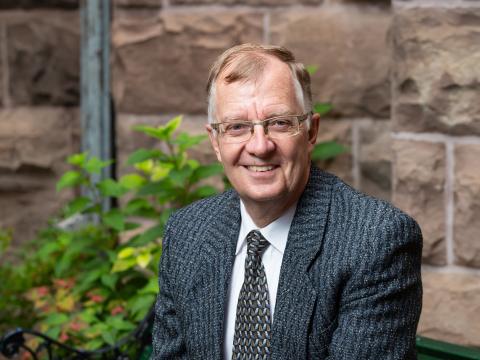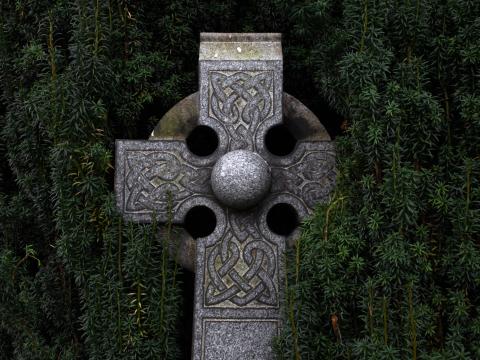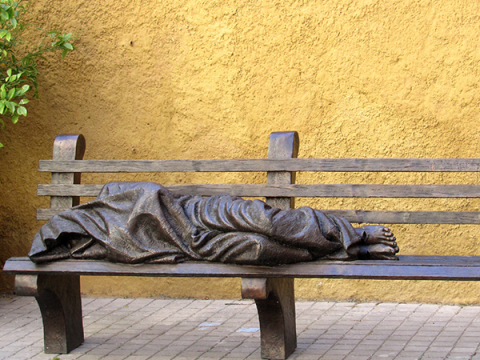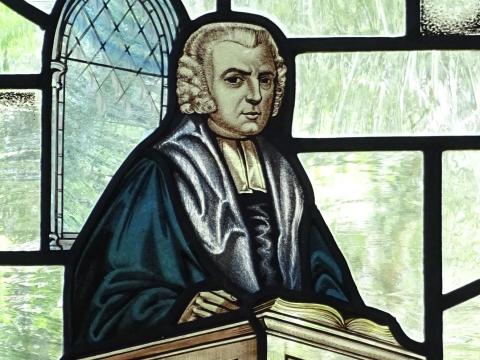Loneliness—it’s now built in
There’s a growing ache at the heart of many of our western societies. Its name is loneliness. And a stream of actors has been calling it out of late: psychologists, pastors, pandemistas, even politicians. Loneliness has emerged as the faithful companion to our grandparents’ rural migration from the land and the village, as we chose city, industry, specialization, and dwindling household sizes, while riding the cultural horses of dehumanizing technology and hyper-individualism.
Read more














